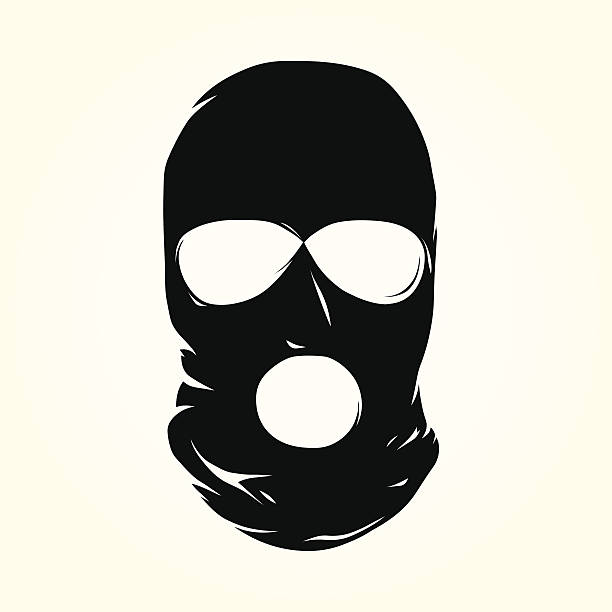When Trea Ellinger left a Baltimore drug rehab facility last summer, he assured his anxious mother that everything was fine. He had his medications and was planning to meet up with his girlfriend.
By the following afternoon, he was dead — not from the violence his mom feared he might face, but because he didn’t survive an encounter with first responders in downtown Baltimore.
Ellinger, 29, died after being sedated and restrained. Despite repeated comments from police and medics at the scene acknowledging the dangers of lying face down in the prone position, responders failed to act urgently when the handcuffed Ellinger turned onto his stomach and remained that way for several minutes, according to investigators and experts.
But why did they even interact with him in the first place? Yes, I read the article, but apparently my brain is malfunctioning. It just keeps talking about the interaction, not how it started?
They were poor. Cops don’t need a reason to interact.
If they were poor and not white then they don’t need a reason to beat them.
If they were poor, not white, and legally carrying their firearm, then the cops don’t need a reason to murder.
It doesn’t matter why the interaction started. Law enforcement is never correct to punish an accused in custody.
You didn’t read the article.
Regardless, they were perfectly accurate in their assessment of police interactions.
But the police weren’t the ones involved. It was the medical team.
Police were at the scene and they put him in handcuffs. They were absolutely involved. Regardless, still an accurate assessment of police encounters.
Why?
This article is part of a pretty big investigation that’s worth reading. It talks about different kinds of “less lethal” force that can kill people. Tasers, punching, body slamming, restraining people face down.
And injecting them with sedatives. It happened to someone with schizophrenia who took meth and was wandering around at night. A guy whose mother made a mental help call when he was having a manic episode. And someone who was having a seizure.
As always, ACAB.




